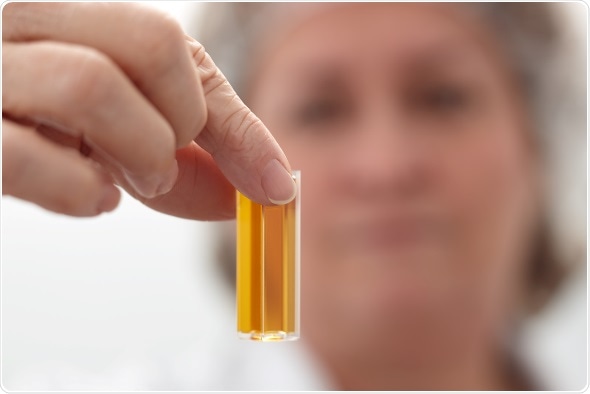Apr 3 2019
Canadian maple syrup provides a pure energy source for endurance athletes and can help fight inflammation, according to new research published today.

Scientists from the University of Montreal studied cyclists for a clinical trial examining the effect of consuming maple products when exercising.
It found maple water or syrup, with an equivalent carbohydrate content found in commercial sports drinks (60 g/L), can readily be used as a source of energy during endurance exercise.
The study, the first maple human clinical trial, comprised 76 active males aged 18-45 during two hours of cycling immediately followed by a 20-km time trial. Supported by the Québec Maple Syrup Producers (QMSP) and Canadian Federal Government, the study also compared maple products’ sensory characteristics, including taste of maple water and diluted maple syrup during exercise, to those of a commercial sports drink. Results showed maple syrup to have less of an acidic taste than a commercial sports drink.
Dr Jonathan Tremblay, Associate Professor at the University of Montreal, School of Kinesiology and Exercise Science, said:
Using a natural product that athletes enjoy and are inclined to drink more of during exercise can be key to maintaining fluid balance. Maple syrup beverages offer an excellent alternative to commercial beverages. Sports beverages made with pure maple syrup do not contain any processed sugars, are gluten-free, vegan and free of any coloring or additives.”
The study was one of several into the potential positive impact of maple products on health-related issues and exercise endurance announced at the American Chemical Society (ACS) National Meeting and Expo in Orlando, Florida.
In a separate study, researchers discovered bioactive compounds that naturally exist in maple syrup protect the body from some negative effects linked to inflammation.
A diet including foods with polyphenols, such as pure Canadian maple syrup, green tea, red wine, and fruits and vegetables may help support a healthy immune system. Inflammation is a normal part of a healthy immune response. Uncontrolled, however, inflammation can contribute to tissue damage and has been linked to several pathological conditions. There are several ways to help prevent and fight chronic inflammation, like eating foods rich in polyphenols and maintaining healthy habits such as exercise.
Dr Angela Slitt, professor at University of Rhode Island, College of Pharmacy and her team found a maple syrup extract enriched with polyphenols exerts anti-inflammatory activity.
Serge Beaulieu, President of Québec Maple Syrup Producers (QMSP), said:
At QMSP, we have developed an International Maple Research and Innovation Network of renowned scientists dedicated to learning more about maple from Canada. Consumers love the taste of Canadian maple syrup and there is a growing body of evidence supporting the wider benefits of maple products for human health and exercise regimes.
We are proud to be supporting the second Chemistry and Biological Effects of Maple Food Products Symposium at the largest gathering of the scientific community in the world.”